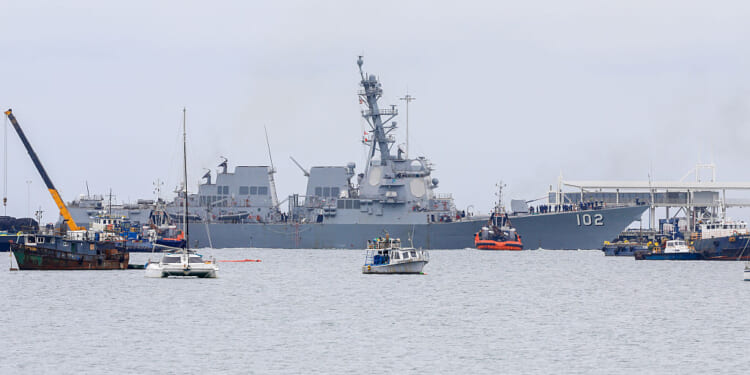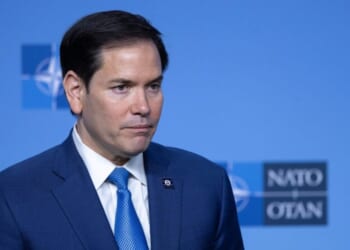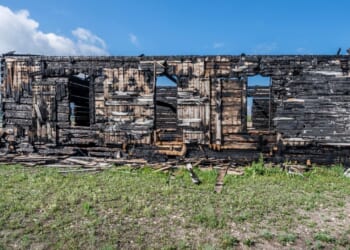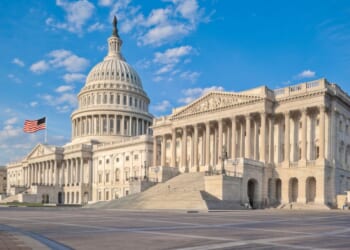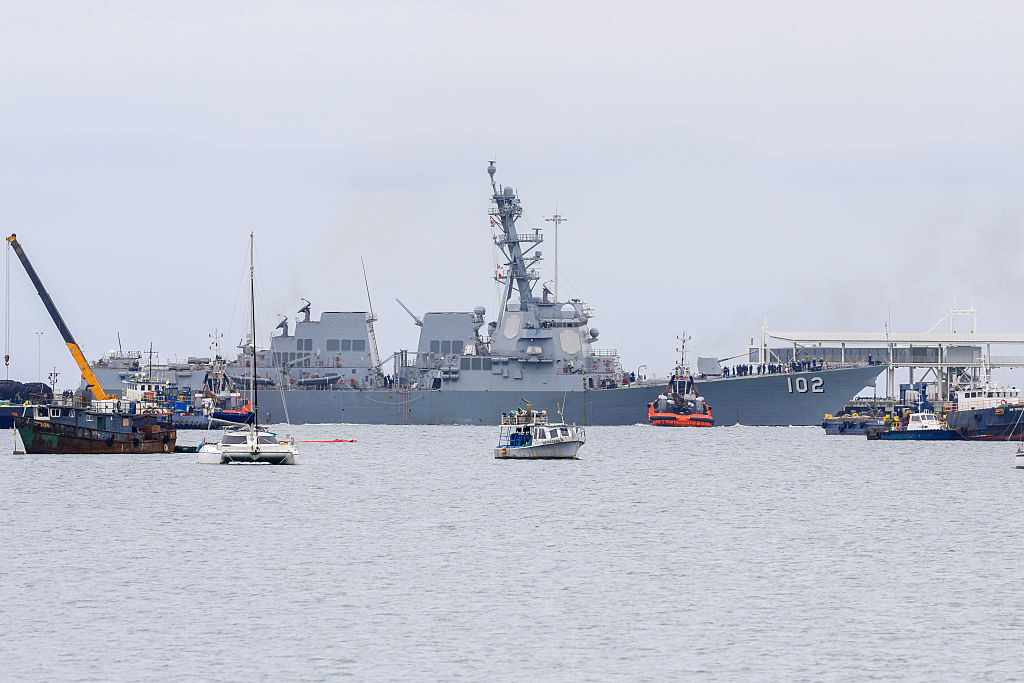
America has been reactive in its fight to stem the flow of drugs into the US – but that’s beginning to change.
Life expectancy for drug runners in the Caribbean and Eastern Pacific Ocean is short. When President Donald Trump designated specific drug cartels known for smuggling fentanyl, cocaine, and other illicit substances into the US as Foreign Terrorist Organizations (FTO), it became open season. However, controversy always arises when President Trump takes decisive action, regardless of the subject.
US Navy vs Drug Cartels
In early September, the Trump administration began an air assault campaign against Central and South American drug cartels. As of this writing, there have been 19 airstrikes on high-speed “go-fast” boats (and, in one case, a semi-submersible vessel) in the southern Caribbean and eastern Pacific, killing an estimated 75 narco-terrorists. Supporting the naval operations to thwart narcotics trafficking, the US Navy has moved an impressive armada into the Caribbean just north of Venezuela in international waters. According to a US Naval Forces Southern Command news release, the USS Gerald R. Ford, the world’s largest aircraft carrier, entered US Southern Command’s operational region with its strike group.
Advocates for the airstrike campaign on drug traffickers see the effort as a bold, outcome-oriented defense of the homeland. Those attempting to bring illicit narcotics into the US over the water are viewed as terrorists who kill as many as 100,000 Americans a year. These cartels see annual revenues north of $50 billion: comparable to the gross domestic product of Cambodia or Zimbabwe. The drugs trafficked to Americans are no less lethal than if they were bullets. Those who attempt to bring them to US shores are no less accountable for the consequences than an enemy truck driver in a conventional armed conflict, and there are plenty of examples of former US presidents taking proactive action against terrorists.
President Clinton authorized a Tomahawk missile strike on an Al-Qaeda training camp in Afghanistan in 1998. President Obama approved a Hellfire missile attack in Yemen, killing Anwar al-Awlaki, an Al-Qaeda propagandist and a US citizen. Obama authorized an estimated 375 drone strikes in northern Pakistan during his term in office. The Obama drone strikes killed an estimated 1,900 to 3,000 combatants and between 140 and 840 civilians, according to New America Foundation data. President Biden approved a drone strike that killed 9/11 mastermind and Al-Qaeda leader Ayman al-Zawahiri in Afghanistan. All of these killings of US enemies were carried out with minimal or no prior congressional approval. The common thread through all the previous engagements was that they were designated terrorists. So it is with the cartels.
The US air campaign against the cartels is not without its critics, however. According to a Reuters report, “France is worried about U.S. military operations in the Caribbean because they violate international law, the country’s foreign minister Jean-Noel Barrot said on Tuesday.” The foreign minister’s comments were made during a side conversation at the Group of Seven (G-7) foreign ministers meeting in Canada. Barrot did not elaborate on which international law was being violated. The foreign minister went on to say that France was worried that US operations could cause “instability” and impact French interests in the region should the conflict escalate. So, perhaps France is more concerned about its regional interests than any nuanced concerns about international law.
Secretary of State Defends Use of Force
According to The Hill, at the same G-7 meeting, Secretary of State and National Security Advisor Marco Rubio explained to reporters:
“I don’t think that the European Union gets to determine what international law is. They certainly don’t get to determine how the United States defends its national security. The United States is under attack from organized criminal narco-terrorists in our hemisphere, and the president is responding in the defense of our country…I do find it interesting that all these countries want us to send and supply, for example, nuclear-capable Tomahawk missiles to defend Europe. But when the United States positions aircraft carriers in our hemisphere, where we live, somehow, that’s a problem.”
Not everyone agrees. The New York Times observed: “A broad range of legal specialists on the use of lethal force have said that the strikes are illegal extrajudicial killings because the military is not permitted to deliberately target civilians — even suspected criminals — who do not pose an imminent threat of violence.” Herein lies the fundamental problem. Based on the Centers for Disease Control statistics, 817,416 Americans died of drug overdoses between 2015 and 2024. The families of these victims would take issue with the notion that the narco-terrorists running drugs “do not pose an imminent threat of violence.”
Attempting to smuggle drugs into the US is a dangerous business. At a recent cabinet meeting in the White House, Secretary of War Pete Hegseth made the Trump administration’s intentions toward the cartels crystal clear. “So, our message to these foreign terrorist organizations is we will treat you like we have treated al Qaeda. We will find you. We will map your networks. We will hunt you down, and we will kill you.”
~
The views expressed are those of the author and not of any other affiliate.
Liberty Nation does not endorse candidates, campaigns, or legislation, and this presentation is no endorsement.

